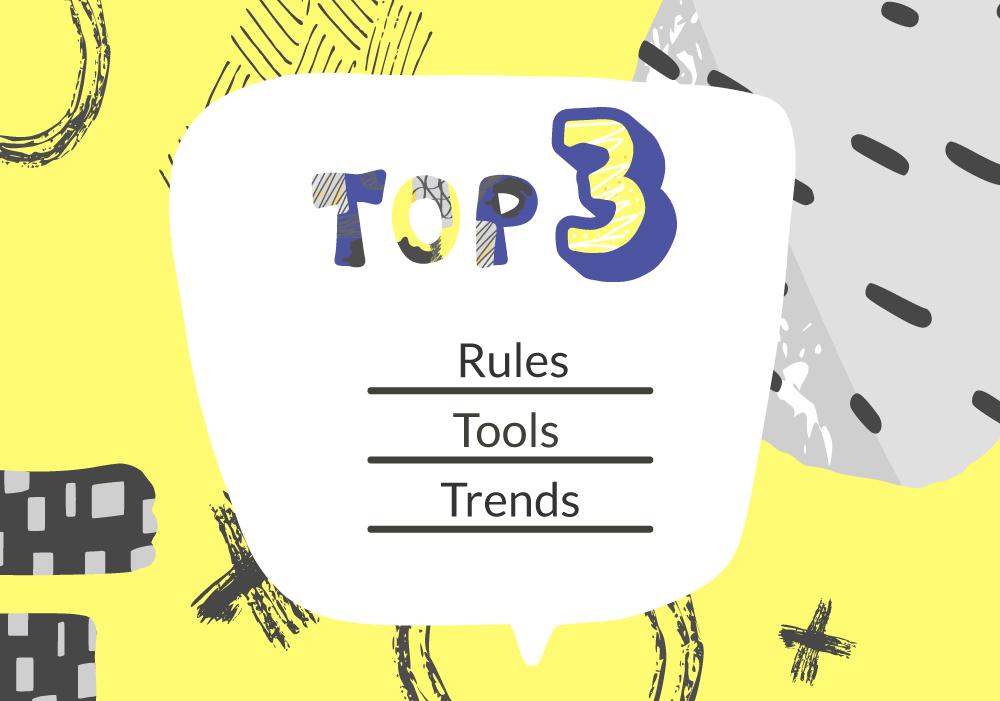In this series, experienced editors reflect on their Top 3 tools, rules and suggestions for clients and colleagues.

Louise Harnby is a line editor, copyeditor and proofreader who specializes in working with independent authors of commercial fiction, particularly crime, thriller and mystery writers.
She is an Advanced Professional Member of the Chartered Institute of Editing and Proofreading (CIEP), a member of ACES, a Partner Member of the Alliance of Independent Authors (ALLi) and co-hosts The Editing Podcast.
Visit her business website at Louise Harnby | Fiction Editor & Proofreader, say hello on Twitter @LouiseHarnby, connect via Facebook and LinkedIn and check out her books and courses.
Top 3 professional tools you can’t work without
- Microsoft Word (in Office 365): The best word-processing software on the planet. Works with a huge number of plugins and macros and has loads of fabulous onboard tools.
- PerfectIt: The ultimate consistency-checker and style-enforcer.
- Canva: The free version is a must-have for creating visuals for websites and marketing.
Top 3 marketing channels you enjoy using
- Blogging: It’s the foundation of my visibility strategy. It requires commitment and is a slow-burn in terms of delivering results; stick at it and it will help you rank on Google.
- Podcasting: Audio is on the increase and loved by those who are time poor but eager to learn, because they can listen while doing something else.
- Social media: The ultimate content-delivery and networking tool. Use it to solve problems for the audience rather than venting about work — what goes online stays online.
Top 3 life-work balance rules
- Give yourself permission to say no to anyone who wants your time for their business but isn’t prepared to pay for it.
- Get on with it rather than waiting for validation from all your colleagues. Procrastination is a time-sucker; you end up working instead of focusing on family, friends and yourself.
- Invest in complementary business and learning tools that will save you time. Doing things the long way is another time-sucker.
Top 3 suggestions for authors or clients
For independent authors, I suggest the following:
- Invest time in locating a good-fit editor: Sample edits are a great starting point; they give the author a chance to see how an editor’s approach makes them feel.
- Understand the different levels of editing and the order of play: It’s a waste of money hiring a proofreader if a piece of writing is poorly structured.
- Don’t put publication ahead of process: Rushing to publish can lead to an unnecessarily poor outcome.
Top 3 suggestions for new editors and freelancers
- Be discoverable: No one will hire you if they don’t know you exist. A marketing strategy is essential.
- Show, don’t tell, how interesting you are: Shopping lists of qualifications are boring. To stand out, show your brilliance by proving it. Create useful resources that solve your clients’ problems.
- Be consistent: There are two aspects to running a business — the work we do and the work we do to get the work we do. Make time for both. That will give you choice and more power over what you charge and whom you work for.
One book you wish you wrote/edited
The Five People You Meet in Heaven by Mitch Albom: A delicious tale about love, war and redemption.
One recent industry trend that inspires you
Audio: It’s huge. Many self-publishers are investing in creating audio. Just as video content ended up ranking well in Google, so audio is set to do the same in the future.
___
The Editors’ Weekly is the official blog of Editors Canada. Contact us.
Discover more from The Editors' Weekly
Subscribe to get the latest posts sent to your email.
